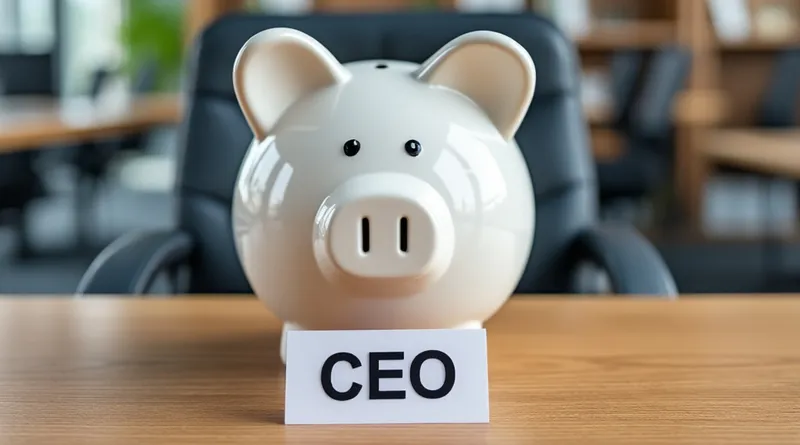
The previous articles covered savings and investment and diversification into stocks, treasury bonds, real estate, and crypto. This article will cover further diversification opportunities: angel investing and entrepreneurship.
With stock market investments, you invest in large mature companies listed on the stock exchange, but what if you want to invest in companies just starting, the early days of Uber?
First, let’s review companies’ funding stages: founders start a company and bootstrap it by investing their own money. Then, when they need to hire a team to build out the product, they raise some money from friends and family in a pre-seed round, followed by a seed round, and as the company matures and generates more and more revenue and needs more money to expand, go into series A, then a more significant series B, C and even D. Finally they are acquired, do an IPO or continue operating profitably and returning a dividend.
As an angel investor, you can invest in the pre-seed and seed phases, which companies reserve for professional VCs who can provide more than their own money and help scale the company with their expertise and connections.
With direct angel investments in the friends & family stage, you can get into companies early on that grow to become very profitable, and you can make 10x or even 100x your investment. However, the odds are that the company will fail, and the most likely outcome is that you lose that investment. Investments generally range from €5k to €50k, and most of the time, are done alongside other investors.
Another way to invest in these early stages is by being invited to participate in a fund that makes dozens of such investments and also manages the selection of the deals; these professional investors have significant deal flows and get access to deals an individual investor would not have the change to invest in.
The return time on these investments is generally between 2 years and 7 years: sometimes, the pre-seed and seed investors exit when the series A happens, or sometimes, they follow through with the investment until acquisition or IPO.
Entrepreneurship
Investing in your own business is the investment with the highest potential return. Most of the billionaires you read about in the news are entrepreneurs who built a successful business.
This doesn’t mean it’s easy; many businesses fail, and most make moderate profits, while only a tiny percentage make its founders hundreds of millions or billions.
Besides the financial investment, a founder’s most significant investment is his own time, which has a considerable opportunity cost; the entrepreneur takes a much smaller salary than he would by working for a large company and avoids other savings and investments. This investment is often an all-in, and when the business fails, they’re way behind their peers who chose the safe employment route.
Entrepreneurship is not for everyone: it’s a high-risk, high-stress investment and often leads to failure. But if starting a business attracts you and nobody can talk you out of it, you should go for it.
We’ll return to the topic of entrepreneurship in future articles since it’s a topic we’re very passionate about.
If you enjoyed this article, check out the rest of the articles in our series on savings and investments.